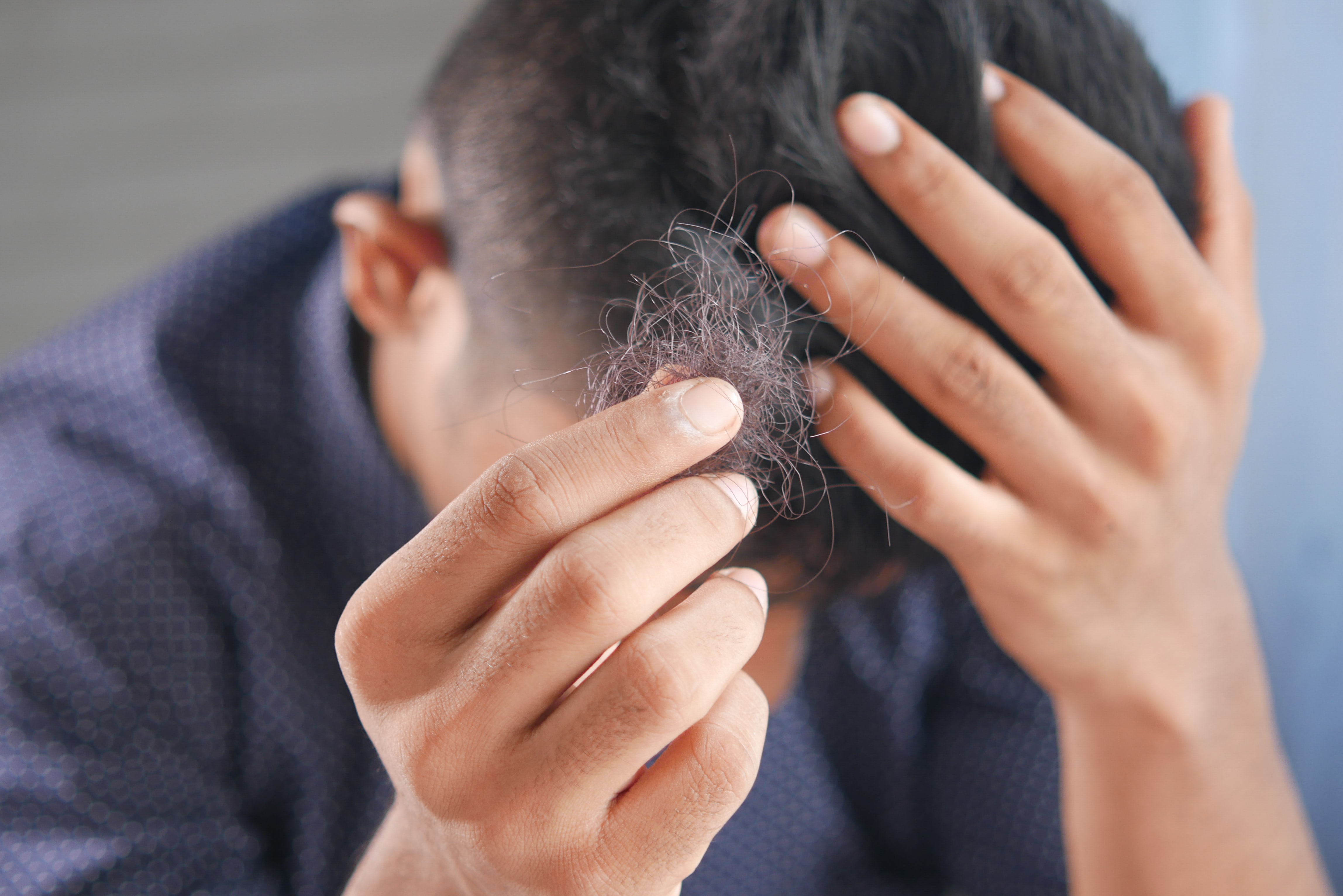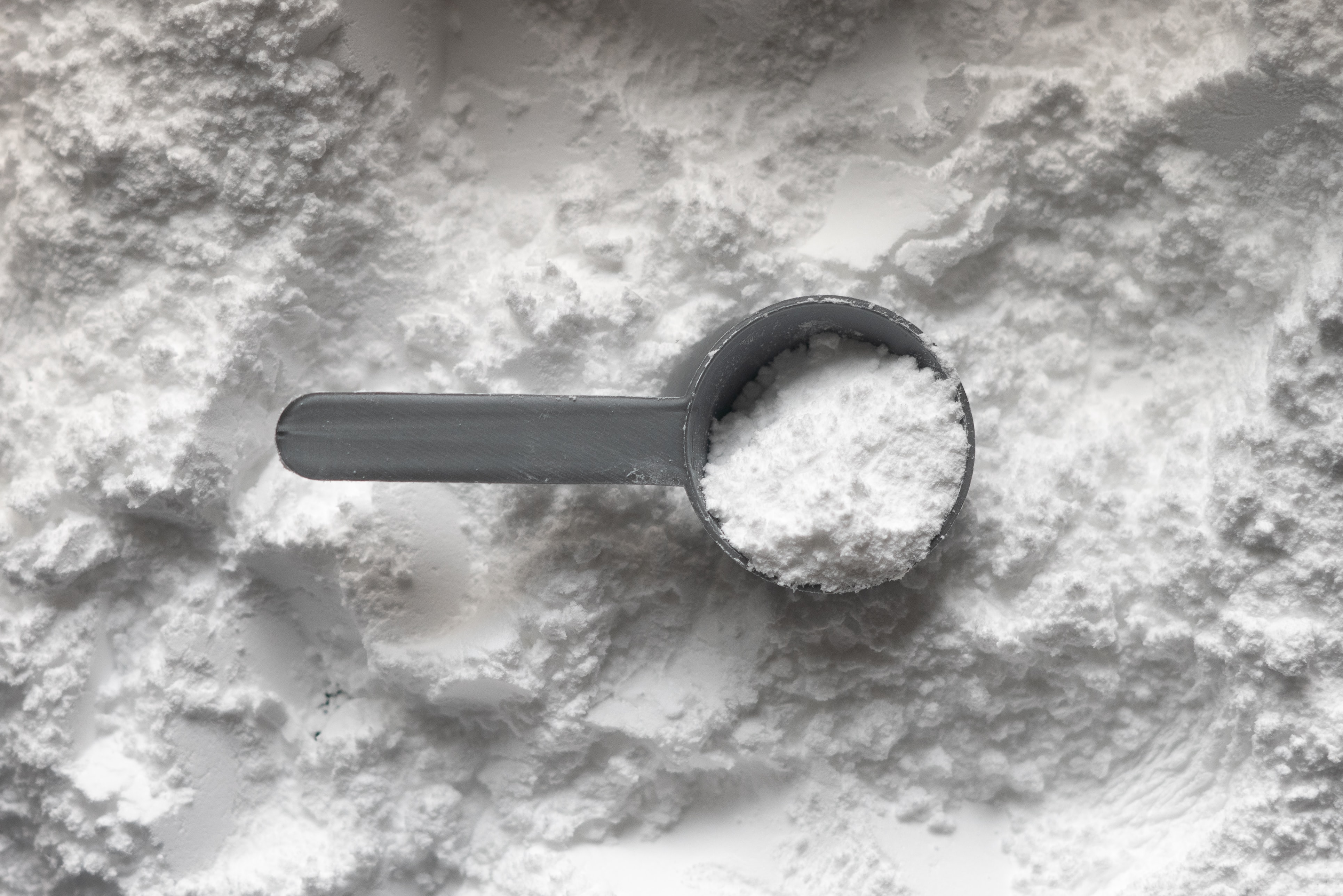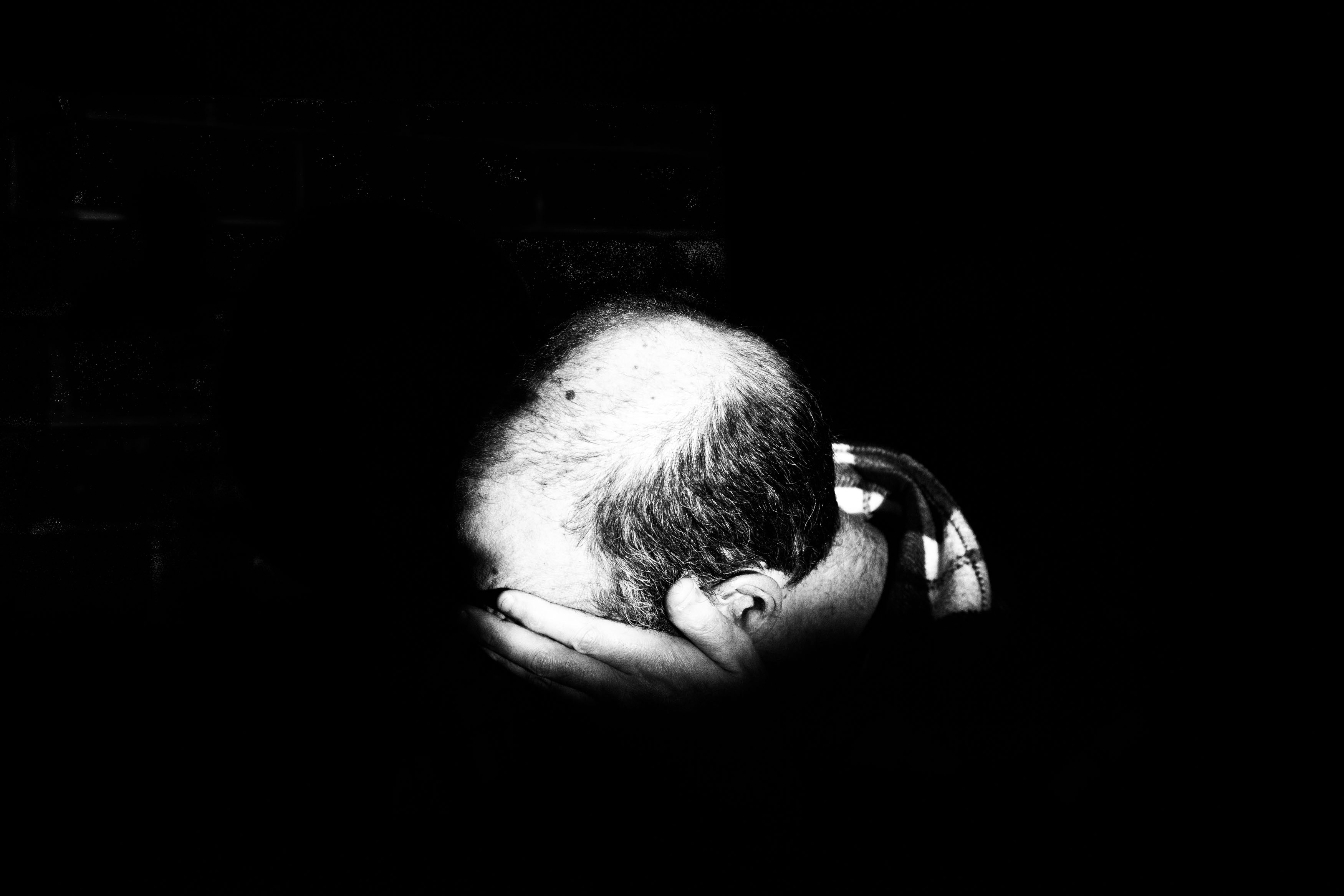What Hormones Cause Hair Loss?
Are you losing your hair and wondering what hormones cause hair loss? In this video we look at some of the hormones that are implicated in hair loss or lack of hair growth. In the case that your hair is just kind of stopped growing, we will address that too. There are three main categories of hormones androgens like testosterone, thyroid, and cortisol, We look at both their effects when they're high and when they are low.
If you want to know what hormones cause hair loss, keep reading.
Hormones And Hair Loss
For a quick orientation here is an article titled "hormonal effects on hair follicles" It shows an overview of the structure of a hair the hair follicle, the blood supply, etc. It's good representation of the anatomy of a hair follicle as we talk through some of the effects of hormones on hair growth. All hormones play a role in the hair follicle development and life cycle. Some seem to play a stronger role than others in whether or not a hair continues to grow or fall out early. Hormones even contribute to balding patterns. Let's look at which hormones cause hair loss or limit the ability of hair to fully mature, also known as hair miniaturization.
The complete picture of why one person loses their hair and another person has a full head of hair, is not fully understood at this point, but hormones certainly play a big role. Androgens play some of the biggest roles in hair loss, lack of growth and poor maturation. Androgens are hormones like testosterone but also include things like dihydrotestosterone, androstenedione, and androstanadione. Of course, there are also metabolites of all of these hormones as they are being eliminated from the body. These hormones can be sulfated by adding a sulfate molecule. The body can also add glucorate molecule to support elimination from the body. Androgens like testosterone dihydrotestosterone and their precursors like DHEA, DHEA sulfate, and androstenedione are all key factors in the natural growth of the terminal hair.
Hair loss is thought to be caused by the interaction of these androgens and an apparent sensitivity of the hair follicle to them. This interaction and sensitivity depends on the amount of stronger androgens relative to the amount of weaker androgens present at the hair follicle. The strongest androgen is dihydrotestosterone and its' production is dependent on a specific enzyme. This enzyme converts testosterone into dihydrotestosterone. Depending on how robust this enzyme is in your body, it may convert more or less testosterone into dihydrotestosterone. This then determines the concentrations of those androgens in the peripheral tissues like your scalp.

Androgen Hormones and Hair Loss
For males we know that this relationship between androgens and hair loss is very strong. In females it's not always clear that androgens are playing a role. However in some women, it's very clear that androgens do play a role. This lack of clarity comes from inconsistent results when looking at blood and serum levels of the circulating androgens in women that lose their hair. Most women with frontal and central hair pattern baldness have normal circulating androgens and do not present with hyper androgenization, like facial hair growth, acne, and lack of ovulation. This type of hair loss has also been found in women lacking actual androgen receptors. On the other hand, many women with hyper-androgenization also exhibit and complain about this same type of hair loss in the front and in the central part of the scalp. In one sense there is a clear role for androgens. In another sense, there does not appear to be in the women.
Some men that have normal circulating androgen levels, but are affected by androgens may have increased activity in that five alpha reductase enzyme. Largely they have normal testosterone (and other androgens) levels but they are producing more DHT in the hair follicles. In some cases they may also have increased receptor androgen binding activity. For some reason their receptors are more sensitive to the DHT, even though there's not that much circulating. Part of the inconsistency looking at androgen levels in females and males, is their response to the androgens in the scalp. We can't just biopsy people's scalp to understand what's going on with their receptors. There appears to be a clear role for androgens in some people and in other people their androgen levels look to be normal yet they could have something going on at the tissue level the receptors or just this scalp is up regulating the amount of androgens that are being produced. When everything else is normal androgens should be the default culprit for hair loss.
Thyroid Hormones and Hair loss
Thyroid hormones also play a role in hair follicle development. Specifically they affect the hair follicle metabolism. Thyroid hormones are mainly thought to exert their effect through providing enough energy (through the breakdown of fuel) to the hair follicles. With this energy they can grow and mature and full development. Of course, excess thyroid hormone can cause diffuse hair losses.
Cortisol is another hormone that plays a pretty big role in in hair loss and hair follicle development. The presence of cortisol at high levels is strictly connected with the with the reduction in synthesis and premature degradation of hyaluronics and proteoglycans. These are important modulators of hair follicle function and development. Low cortisol levels can actually promote hair growth by slowing down the degradation of these important nutrients for the hair follicle.
In summary, the predominate hormones that cause hair loss are androgens. They play the most important and most obvious role as far as research has found. However, even those with low or normal circulating androgen levels do not exclude high androgens in your scalp. Sometimes when there is acne present the same thing can be happening. This is true for both males and females. Obvious deficiencies in thyroid can definitely contribute to hair loss and excess cortisol and stress can play a big role in diffuse hair loss. When thyroid and cortisol are normal, the default culprit should always be androgens. Of course there are multiple nutrients and other things that can contribute to hair loss including fungal overgrowth on your scalp.
That should give you a better understanding of what hormone cause hair loss. If you have questions about the content in this article, please ask it in the comment section below.
If you want a customized plan on your hormones or hair loss, click in the link below to get started.




















